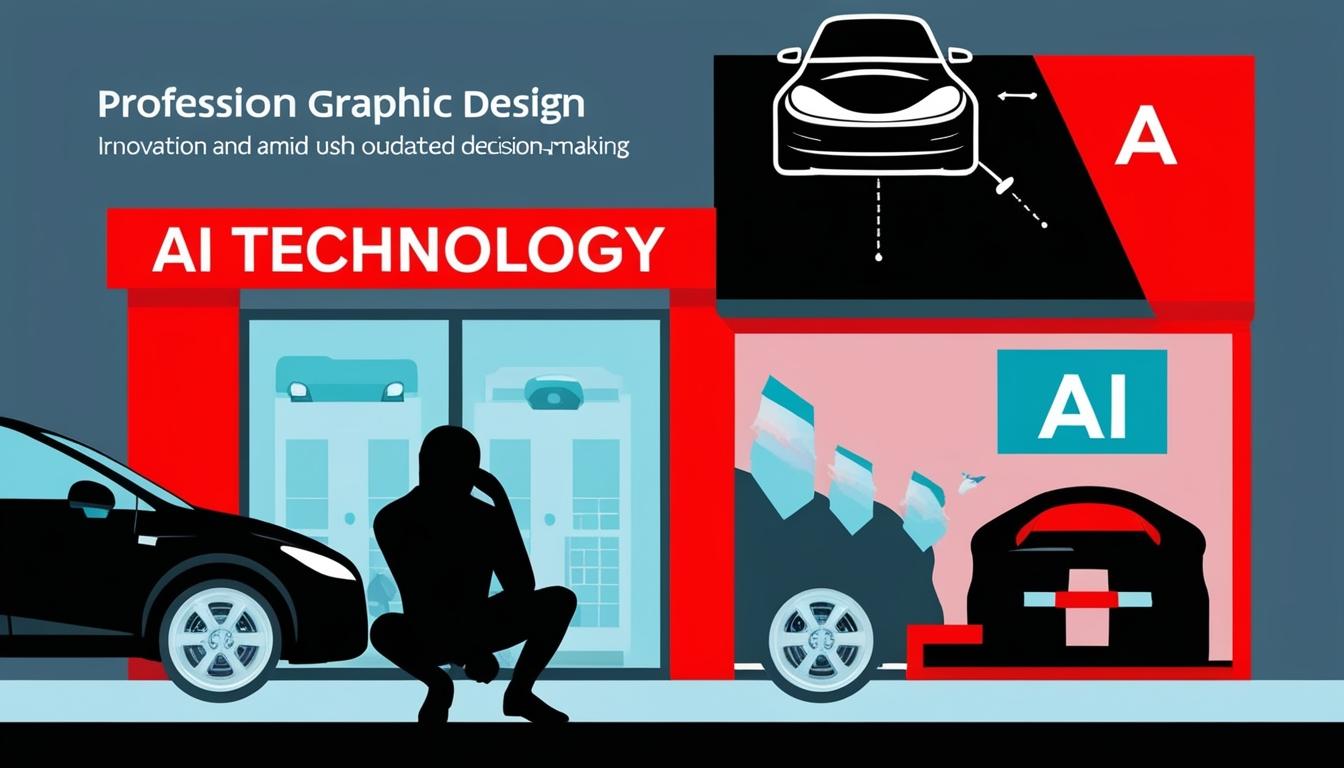A recent survey commissioned by Lotlinx, an inventory management platform, indicates that car dealerships in the United States are lagging in their adoption of artificial intelligence (AI) and predictive data technologies. The online survey, which involved over 2,500 dealers and was conducted last month, highlights a significant disparity in the auto retail industry’s ability to harness advanced technologies aimed at enhancing operational efficiency and profitability.
The survey revealed that 78% of participating dealerships expressed uncertainty about how to effectively utilise predictive data. Alarmingly, only 5% reported applying AI and predictive data for predictive maintenance within their service departments or for optimising inventory management and pricing strategies. Furthermore, usage of AI for customer relationship management and lead scoring stood at a mere 21%.
Len Short, executive chairman of Lotlinx, stated, “These survey results reveal a stark reality, as many dealers are struggling to leverage predictive analytics effectively.” He added that the high percentage of dealerships unsure about utilising predictive data indicates a clear necessity for education and partnerships with experienced providers like Lotlinx to bridge this gap, particularly as the industry moves through 2025.
The survey identified key barriers hindering the adoption of predictive analytics. Among the primary challenges highlighted were issues related to data quality or accuracy (21%), integration with existing systems (19%), and training and employee adoption (18%). Additionally, many dealers still depend on conventional decision-making methods. When asked about their decision-making processes in the absence of predictive analytics, 29% of dealers cited historical trends from their dealership, while another 29% admitted relying on instinct.
Despite the current reluctance to adopt newer technologies, the survey indicates that dealers are contemplating the incorporation of advanced technology into their operations. Approximately 80% of respondents reported plans to invest in and implement AI in 2025. Of those currently utilising AI, 11% plan to expand its application, while 61% expressed a likelihood of investing in predictive data technology over the next 12 months.
The implications of this survey point to a critical moment for car dealerships as they consider integrating AI and predictive data into their operational frameworks. The results underscore the present knowledge gap and suggest a growing interest in technological advancement that could reshape business practices in the auto retail sector.
Source: Noah Wire Services
